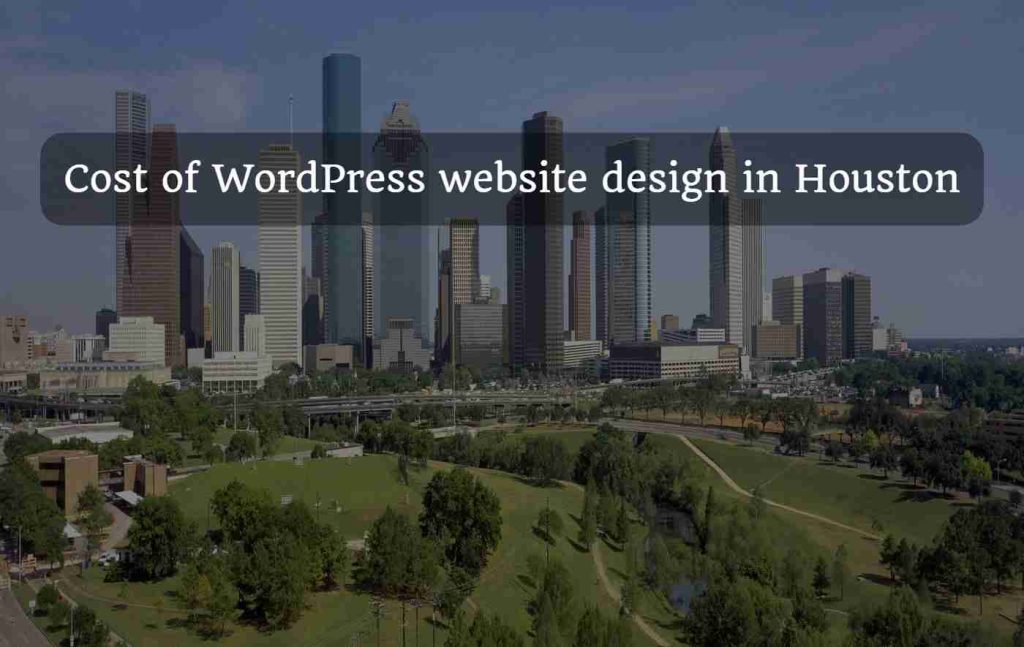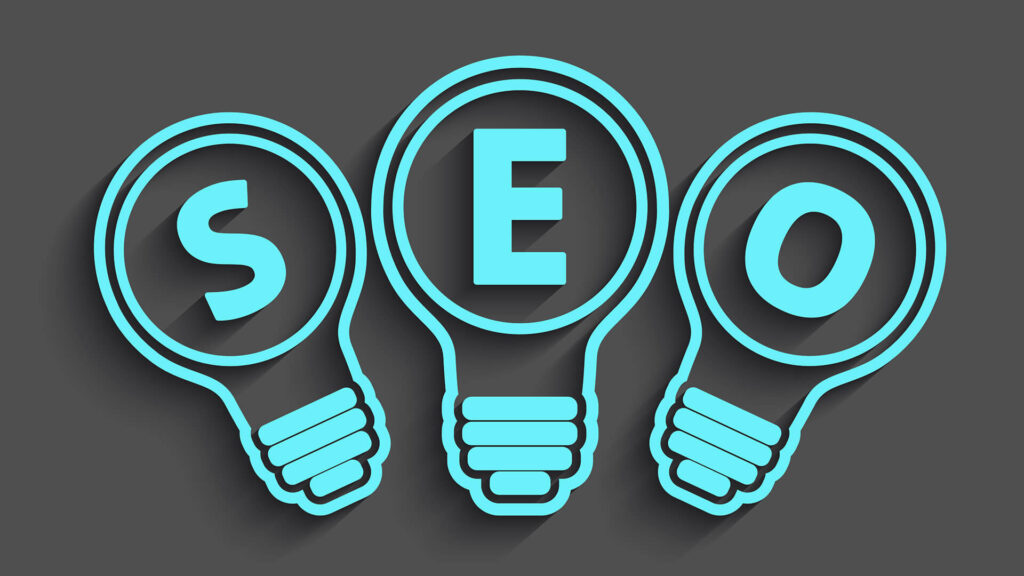Why Website Speed Matters and How to Optimize It

As a leading web design company in Cleveland, WP Solution understands the importance of website speed and its impact on user experience, search engine rankings, and overall business success. In this article, we will explain why website speed matters and provide effective strategies for optimizing it. By optimizing your website’s speed, you can improve user satisfaction, SEO rankings, and conversion rates.
Website visitors have little patience for slow-loading pages. Research shows that users expect websites to load within two seconds or less. A slow website frustrates users, causing them to leave and seek alternatives. By providing a fast and responsive website, you can enhance user experience and keep visitors engaged. This improved experience leads to longer page visits, increased conversions, and lower bounce rates.
2. SEO Rankings:
Website speed is a crucial factor in search engine optimization (SEO). Search engines, like Google, consider website speed as a ranking factor because they prioritize delivering fast and relevant results to users. A slow website may be penalized in search engine rankings, resulting in reduced organic traffic and visibility. By optimizing your website’s speed, you can improve your SEO rankings, gain more organic traffic, and enhance your online visibility.
Website speed has a direct impact on conversion rates. Studies have shown that even a one-second delay in page load time can significantly decrease conversion rates. Slow-loading websites lead to increased abandonment rates and lost revenue opportunities. On the other hand, a fast website creates a seamless user experience, instills trust, and encourages users to take desired actions, such as making a purchase, subscribing, or filling out a contact form. By optimizing your website’s speed, you can improve conversion rates and drive more business growth.
Strategies to Optimize Website Speed:
1. Optimize Images:
Images often contribute to large page sizes and slow loading times. Use image optimization techniques such as compressing images, resizing them to the appropriate dimensions, and using modern image formats like WebP. Additionally, lazy loading techniques can be employed to only load images as users scroll down the page, further improving load times.
2. Minimize Code:
Review your website’s code and identify opportunities to minimize it. Remove unnecessary spaces, comments, and unused code. Minifying HTML, CSS, and JavaScript files reduces their size and improves load times. Additionally, consider using server-side compression (e.g., Gzip) to reduce file sizes transferred to users’ browsers.
3. Enable Browser Caching:
Leveraging browser caching can significantly improve website speed for returning visitors. By setting proper caching headers, you can instruct a user’s browser to cache certain static elements of your website, such as images, CSS, and JavaScript files. This allows subsequent visits to load those elements from the cache, resulting in faster load times.
4. Use Content Delivery Networks (CDNs):
CDNs distribute your website’s content across different servers worldwide. When a user accesses your website, the content is served from the server closest to them, reducing latency and improving load times. Consider integrating a CDN into your website architecture to improve global accessibility and speed.
5. Optimize Website Hosting:
Web hosting plays a crucial role in website speed. Choose a reputable hosting provider that offers fast and reliable servers. Shared hosting plans may be cost-effective, but they can be slower due to sharing server resources with other websites. Consider upgrading to a higher-performance hosting plan, like VPS or dedicated hosting, which provide greater speed and server resources.
6. Reduce HTTP Requests:
Each element on a webpage, such as images, CSS files, and JavaScript files, requires a separate HTTP request to the server. The more requests, the longer the page load time. Minimize the number of HTTP requests by combining CSS and JavaScript files, using CSS sprites for icons, and implementing asynchronous loading for scripts when possible.
7. Implement Caching:
In addition to browser caching, implementing server-side caching mechanisms can greatly improve website speed. Content management systems (CMS) like WordPress offer various caching plugins that generate and serve static HTML versions of your web pages, reducing server processing time and improving load times for subsequent requests.
8. Regularly Update and Optimize CMS and Plugins:
Ensure that your CMS and plugins are up to date. Updates often include performance improvements and bug fixes that can contribute to faster load times. Additionally, regularly review and optimize plugins, disabling or removing unnecessary ones that may impact website speed.
9. Monitor and Test Website Performance:
Regularly monitor your website’s performance using tools like Google PageSpeed Insights, GTmetrix, or Pingdom. These tools provide insights into issues affecting loading speeds and offer recommendations for improvement. Perform regular speed tests and identify areas where further optimization is needed.
With the increasing prevalence of mobile devices, optimizing your website for mobile users is essential. Use responsive design techniques to ensure your website adapts to different screen sizes. Optimize images, reduce code bloat, and prioritize mobile-friendly user experiences to improve loading times on mobile devices.
In conclusion, website speed is vital for a successful online presence. It directly impacts user experience, SEO rankings, and conversion rates. By implementing the strategies mentioned above, you can optimize your website’s speed, deliver exceptional user experiences, boost your SEO rankings, and drive business growth. At WP Solution, we specialize in creating high-performing websites that prioritize speed while maximizing user engagement and conversions. Contact us today to optimize your website’s speed and enhance your online presence in the Cleveland market and beyond.
Our Services












2 Comments. Leave new
[…] 7. Site Speed Optimization: Website speed is a crucial factor for SEO and user experience. Slow-loading websites lead to higher bounce rates and lower rankings. Optimize your website’s speed by compressing images, minifying code, leveraging browser caching, and utilizing content delivery networks (CDNs). Regularly monitor your website’s speed using tools like Google PageSpeed Insights and GTmetrix, and make necessary optimizations to improve loading times. […]
[…] 2. Page Load Speed: Optimize your website’s performance by minimizing load times. Users appreciate fast-loading websites and are more likely to convert. […]